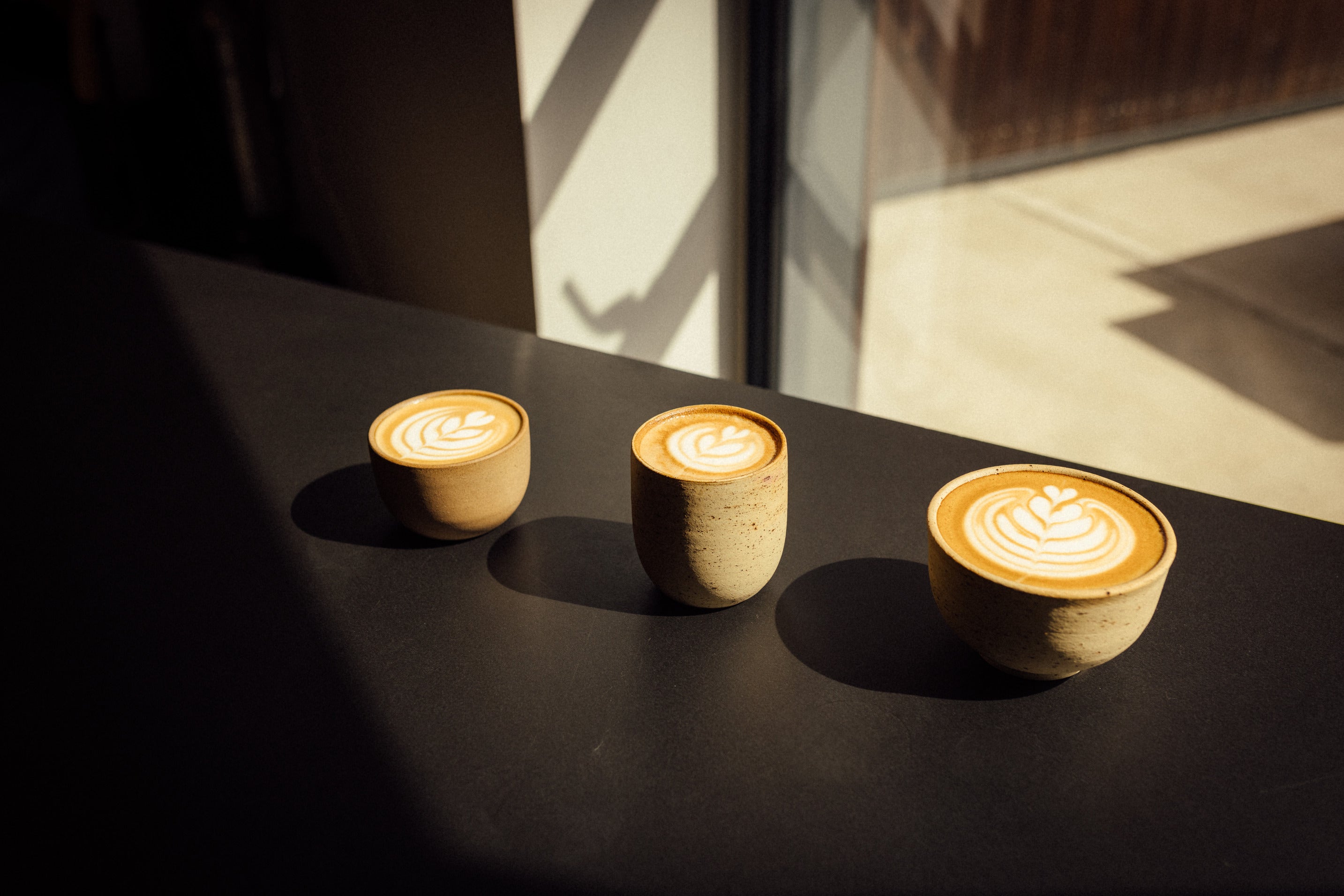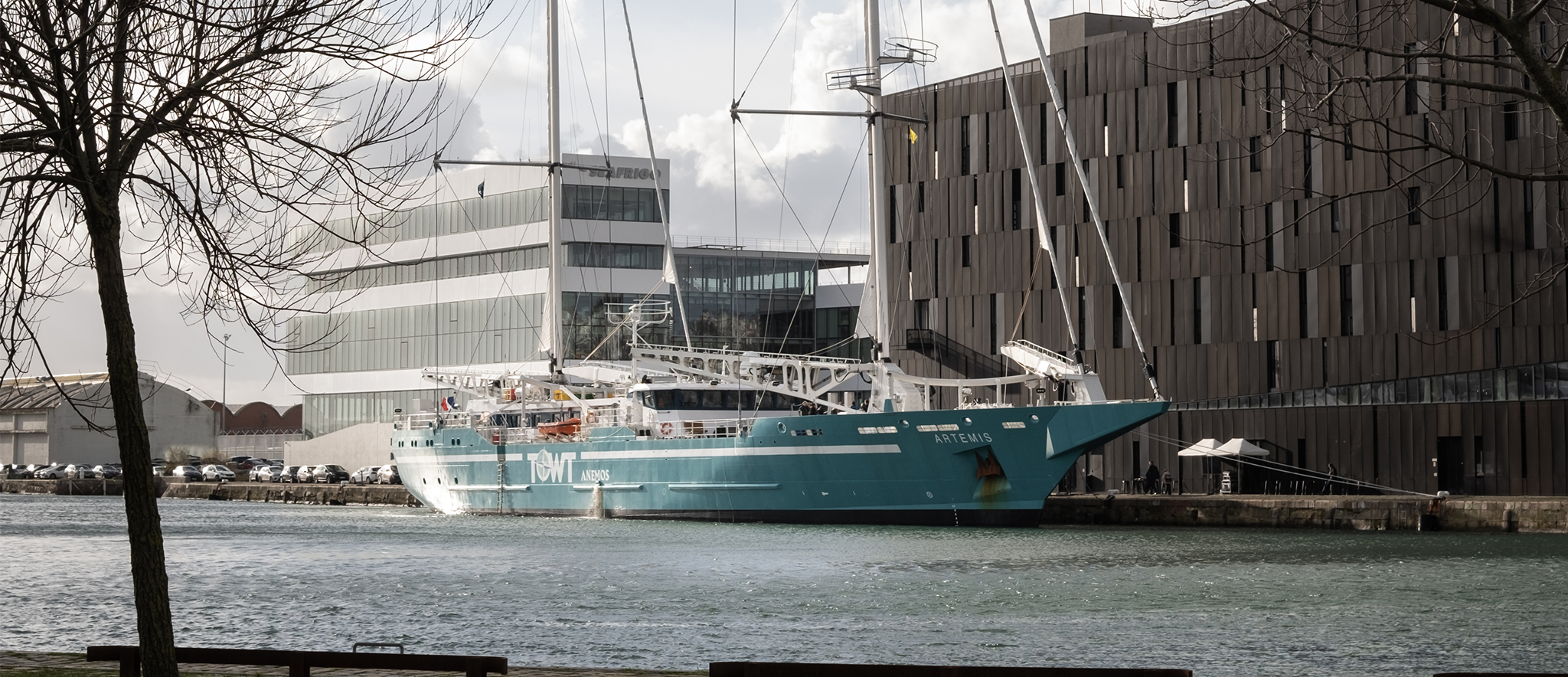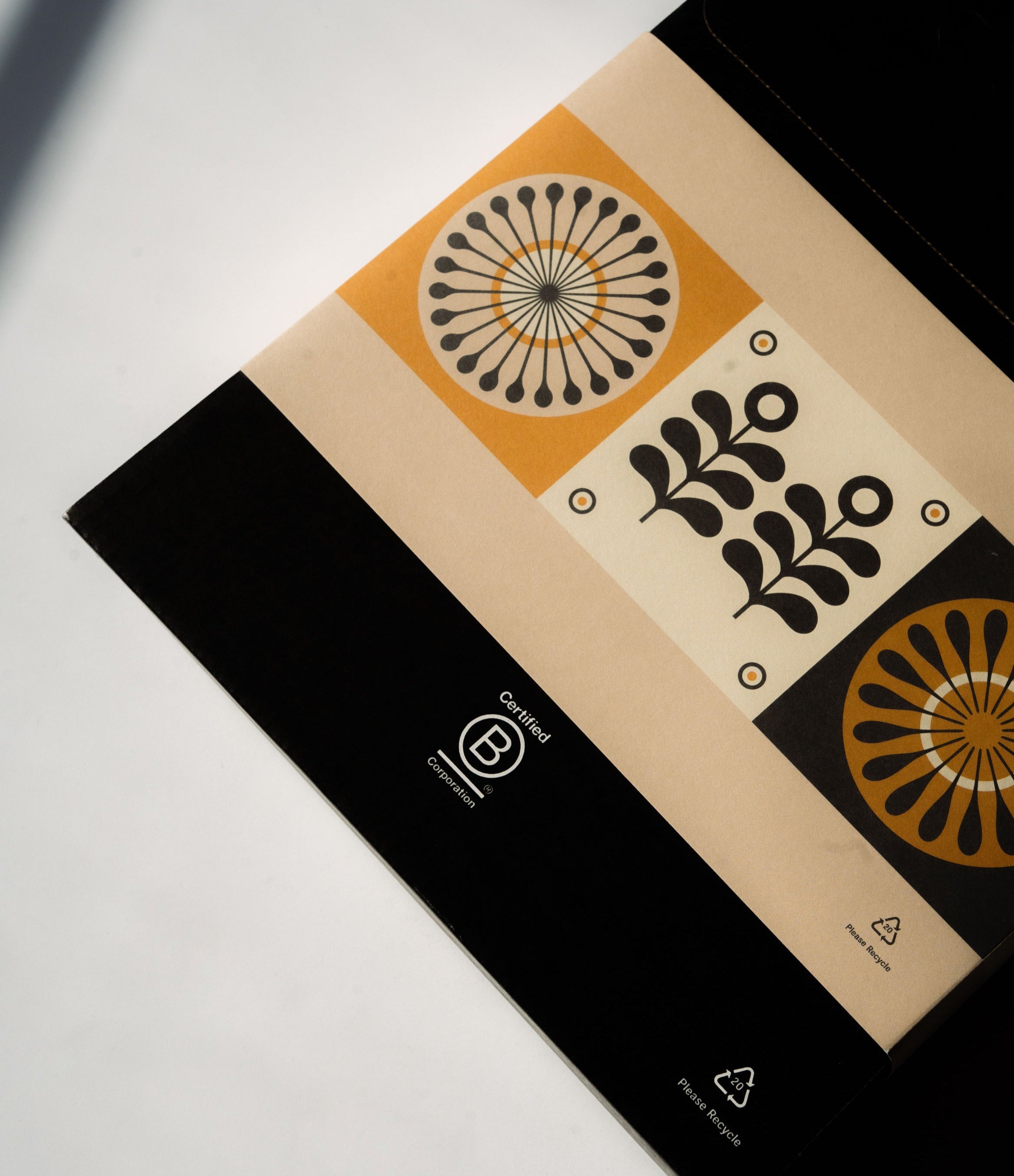In a country famed for producing some of the world’s finest cacao, Ecuador sits quietly among its more famed coffee producing neighbours. Yet while the country’s production accounts for less than 1 percent of the world’s coffee, Ecuador isn’t shying away from the challenge of making its presence felt on the global stage, thanks to a commitment to quality. Here we delve into the history, geography, and cultivation of coffee in the remarkable country of Ecuador.

HISTORY
It’s an all too familiar sounding story: the colonisation, unrest, and political instability of a coffee producing country, and its people tirelessly focusing on change. Ecuador has witnessed plenty of turmoil, only enjoying relative stability within recent years.
Ecuador’s not short on chapters of change throughout history. From the rule of the Inca Empire in the 15th century, to the colonisation by Spain in the 16th century, the country has been shaped by political and economic challenges, long periods of military rule, civil war, and boom and bust economic cycles.
It wasn’t until 1820 that the country achieved independence as part of Gran Colombia (a state that encompassed much of Northern South America and part of Southern Central America). In 1830, Ecuador emerged as its own sovereign state. For much of the 19th century, the country experienced great instability with a rapid succession of rulers. From dictatorships to democracy, Ecuador has remained incredibly resilient.
Arabica coffee arrived in Ecuador in the 19th century, yet successful exportation didn’t get underway until the 1930s when the cocoa crisis caused many farmers to turn their focus to the crop. Since the 1970s, the country has been largely reliant on oil and petroleum as its main export products—to this day, agriculture is far from acting as the main driver of their economy. Ecuador has two major centres of commerce; the port city of Guayaquil, and the capital, Quito, located in the Andean highlands in the north central part of the country.
GEOGRAPHY
Situated on Ring of Fire, Ecuador sits on top of the equator (hence the name), with Colombia to the north, and Peru to the south. Bordered by the Pacific Ocean, the Amazon rainforest is found to the east, while inland the Andes run the length of the country.

Ecuador is one of 17 megadiverse countries in the world—a list that includes fellow coffee producing countries such as Brazil, Peru, and Colombia. With incredible biodiversity, numerous endemic plants and animals, and regions that grow everything from orchids to cacao, Ecuador’s landscape is like no other, with the terrain and topography contributing to the uniqueness and quality of coffee grown throughout much of the land. With one of the world’s highest, active volcanoes, Cotopaxi (which is the second highest summit in the country), Ecuador not only boasts idyllic, volcanic soil, but also an incredible range of elevations that lends to different climes: coffee can be found growing well beyond 2,000 masl.
Ecuador is one of the few coffee producing countries in the world that successfully grows Arabica and Robusta. Despite being grown in 23 out of the 24 provinces, Ecuador’s cultivation of the crop is not without its environmental challenges, with climate change a big threat.
COFFEE
With an impressively diverse landscape, the scope of potential for farmers in Ecuador is huge, yet still in the early stages of exploration. The country’s harvest is small and, with a scarcity of water, and a shortage of labourers, is in decline. Low productivity, emigration, high production costs, the changing climate, and an economic crisis have further hampered Ecuador’s journey onto the world coffee stage.
The aftermath of the Roya outbreak, which impacted every Latin American coffee producing country, wasn’t entirely negative for Ecuador. While production declined, roasters started paying premium for coffee, which motivated producers to focus more on quality, encouraging them to explore new processing methods and invest in their farms.


There are approximately 85,000 hectares of land dedicated to the cultivation of Arabica, and 110,000 hectares for Robusta. Increasingly, producers are seeking out ways to produce the highest quality coffee. Knowing that they cannot compete with the quantity their neighbouring, competitor countries produce, many producers have begun to form cooperatives and associations, forming connections and direct relationships with importers and roasters—an approach that is paying off as, slowly, Ecuador is gaining the recognition it deserves for producing exceptional coffee. The coffee board Mesa provincial del Café was established to help producers and local roasters work together, developing the coffee sector and providing training related to production, processing, commerce, and tourism.
Many smallholders grow just 2-3 hectares of coffee on their farms. Low productivity is often attributed to the age of the coffee plantations, and the low yield varietals some producers grow. Despite this, many producers are investing in improving practices, revitalising soil, and renewing farms. Producers commonly grow heirloom varietals include Bourbon, Typica, and Caturra. Sidra, which is a cross between the Bourbon and Typica varietals, is native to Ecuador.

Coffees from Ecuador are typically juicy and complex, and jammy notes, sweetness, medium acidity, and yellow fruits are celebrated tasting notes found in exceptional cups from Ecuador.
--
Ready to explore coffee from Ecuador? Shop here














